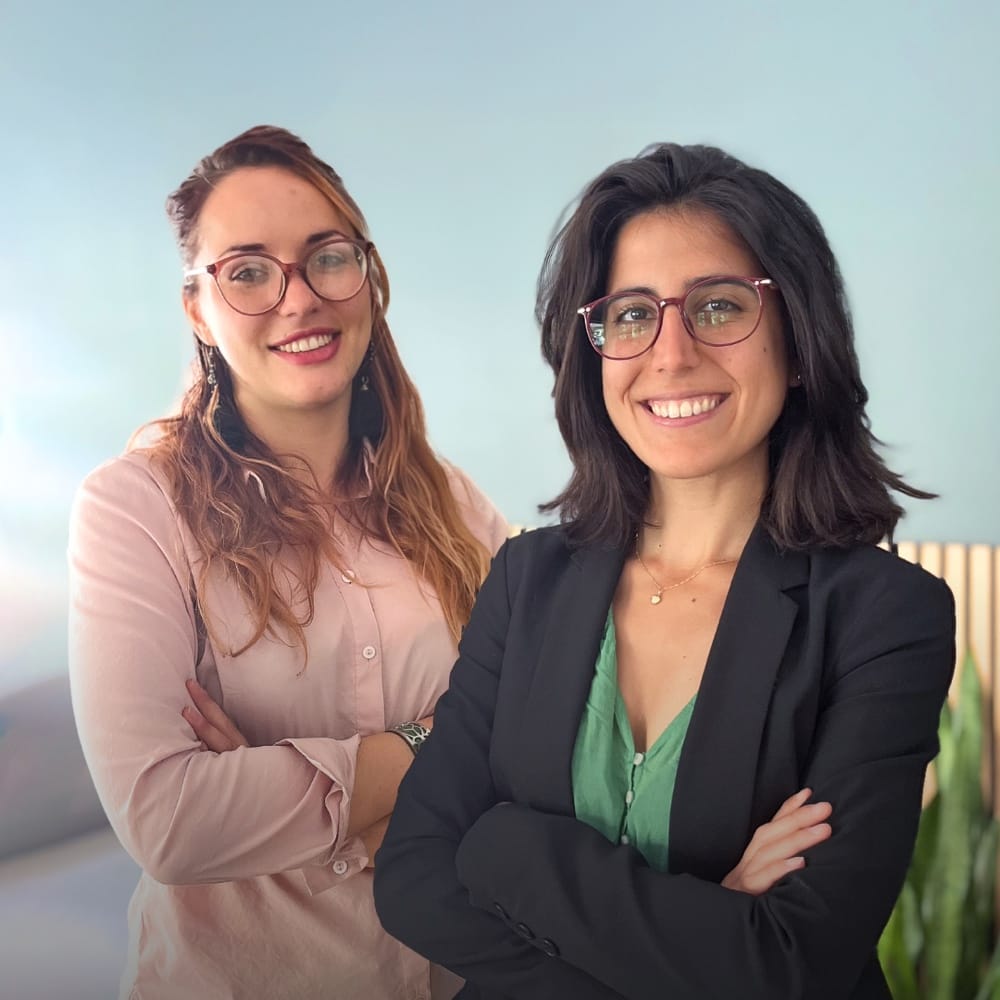The brands themselves
An internal scientific team
ChatGPT, when asked if it seems dangerous
Yuka has a scientific team made up of two people.

Zoé Kerlo (on the left) is a toxicologist. She holds a Bachelor’s degree in Biochemistry and Molecular Biology, and a Master’s degree in Toxicology from AgroParisTech (part of Université Paris-Saclay). She further specialized with a postgraduate degree in Risk Management and earned a second Master’s degree in Sustainable Development Law from Université Paris Cité. Zoé has two years of experience in the agri-food sector, where she focused on assessing toxicological risks related to additives, food contaminants, and food-contact materials.
Gabriela Mourad Vicenssuto (on the right) is a Food Nutrition Engineer. She holds a double degree in Food Engineering and a Master’s in Human Nutrition and Health from AgroParisTech (France) and the University of Campinas (Brazil). Her academic and professional work spans product reformulation, fermentation research (with a published article), and sports nutrition. Gabriela also spent nearly three years in food innovation at an insect protein company, where she focused on nutritional analysis, product quality, and also pilot and industrial scale tests .
Their analysis of food additives and cosmetic ingredients is rooted in the latest scientific research, drawing on the full body of existing studies including:
- Collective assessment reports such as the JECFA (Joint FAO/WHO Expert Committee on Food Additives), NTP (National Toxicology Program), the IARC (International Agency for Research on Cancer), the OEHHA (California Office of Environmental Health Hazard Assessment), the ANSES (French Agency for Food, Environmental and Occupational Health & Safety), the FDA (Food and Drug Administration), the EFSA (European Food Safety Authority), the SCCS (European Scientific Committee for Consumer Safety), and the ECHA (European Chemical Agency).
- Independent scientific studies, carefully selected for their methodological reliability. They prioritize studies with the strongest evidentiary weight—such as systematic reviews, meta-analyses, and randomized controlled trials—aligned with the established Strength of Evidence Pyramid.
The description of the potential risk associated with each additive or cosmetic ingredient, along with the corresponding scientific sources, is available in the app.



